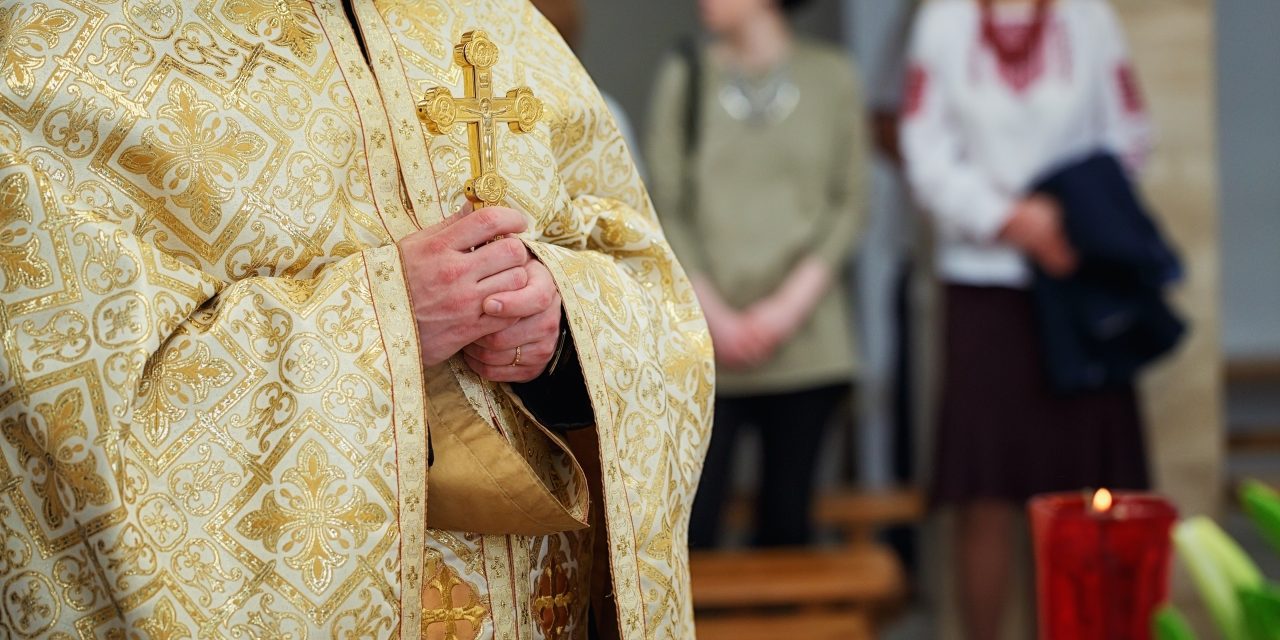It’s no secret that faith and religious leaders have not always seen eye-to-eye with Washington on politically controversial issues—right to life, gay rights, capital punishment, etc. Immigration, however, is not one of those issues. In fact, many interfaith groups have been the most vocal in calling on the new Administration and 111th Congress to “enact humane and equitable immigration reform in 2009.”
Last week, the U.S. Conference of Catholic Bishops issued a statement urging President Obama to keep his promise to fix our broken and outdated immigration system. Cardinal Francis George of Chicago, president of the bishops’ conference, said:
Only through comprehensive reform can we restore the rule of law to our nation’s immigration system. Now is the time to address this pressing humanitarian issue which affects so many lives and undermines basic human dignity.
We urge respect and observance of all just laws, and we do not approve or encourage the illegal entry of anyone into our country. From a humanitarian perspective, however, our fellow human beings, who migrate to support their families, continue to suffer at the hands of immigration policies that separate them from family members and drive them into remote parts of the American desert, sometimes to their deaths. This suffering should not continue.
Critics of faith-based institutions’ backing of politically charged issues like immigration might point out that roughly a third (and growing) of all Catholics in the U.S. are Latino, according to a Pew report. But critics should also note that people of many faiths—Jewish, Christian, Muslim and Hindu—also support a path to citizenship so that undocumented immigrants can become contributing members of our society, get out of the shadows and get onto the books as tax paying citizens.
Numerous prayer vigils and faith-based events centering on immigration reform have and continue to take place all across the nation. Rep. Luis Gutierrez (D-IL) and interfaith communities, for example, continue on a “Family Unity Tour” in 23 U.S. cities documenting the urgency of immigration reform. At the tour’s latest stop in Northglenn, Colorado, on Saturday, more than 1500 people gathered at the Immaculate Heart of Mary Church to hear testimony from families who have suffered at the hands of our broken immigration system.
Last Wednesday, more than 100 people of faith gathered at the Church of the Epiphany in Washington, D.C., “to call for swift and meaningful immigration reform that unites families, protects workers, and treats all immigrants fairly and humanely.” Rev. Simon Bautista, Latino Missioner for the Episcopal Diocese of Washington, urged Congress and the American people to consider the humanity of undocumented immigrants:
Our political leaders and we as people of faith have a very serious moral commitment toward the 12 million people in this country and their families who are living in the shadows, not only because of what our scriptures teach about the treatment of immigrants in our communities, but simply because they are human beings.
President Obama seems to be listening. Last week at the Esperanza National Hispanic Prayer Breakfast, President Obama acknowledged the diversity of faiths in America and reaffirmed his commitment to a “fair, practical and promising way forward” for immigration reform.
We remember that this is a nation of Christians and Muslims and Jews and Hindus and non-believers…[We must uphold] America’s tradition as a nation of laws and a nation of immigrants. Those things aren’t contradictory; they’re complementary. For those who wish to become citizens, we should require them to pay a penalty and pay taxes, learn English, go to the back of the line behind those who played by the rules. That is the fair, practical, and promising way forward, and that’s what I’m committed to passing as President of the United States.
Certainly, the interfaith community’s unified stance will be a powerful, and not so silent, witness to the importance of the rescheduled White House meeting on June 25th where the President and a select group of legislators are expected to produce a roadmap for moving forward with immigration reform.
FILED UNDER: enforcement, Restrictionists, undocumented immigration


